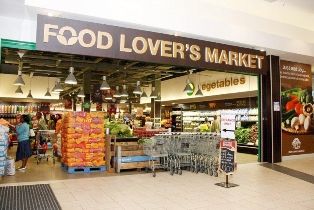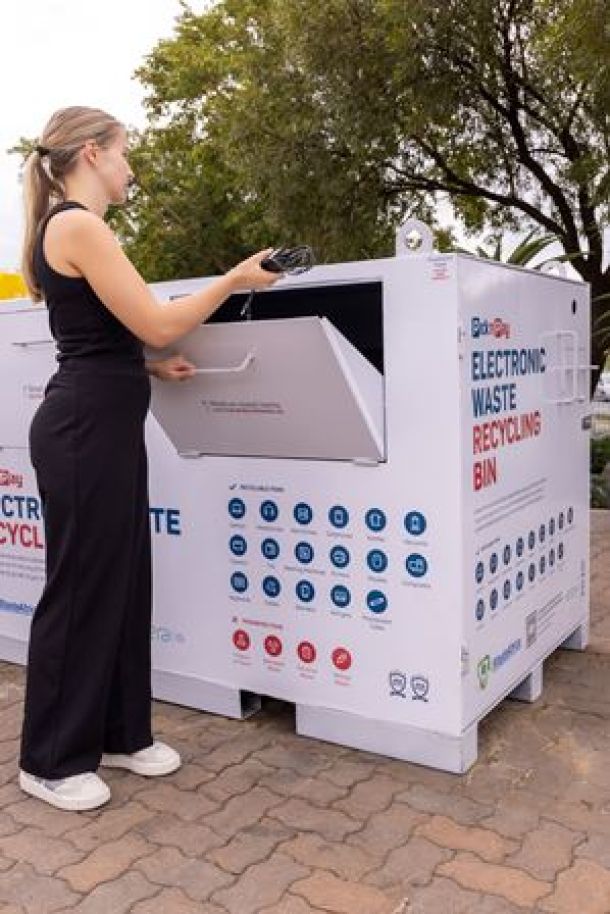
Food Lovers Market is betting big on solar to cut down Eskom bills
Food Lover’s Market says that it will expand its solar investments and implement energy-saving technologies at its distribution centres and certain stores to alleviate its reliance on Eskom-supplied power.
The group said that it has been running a solar project at its City Deep distribution centre in Johannesburg for the last five years and will now expand this project to cover its Brackengate and Centurion distribution centres.
The retailer has also implemented solar at its new state-of-the-art Food Lover’s Market Montana store in Pretoria. A new store in Bothasig – opening at the end of September 2022 – will be the next store to have a solar system installed, it said.
“Food Lover’s Market has been working with Energy Partners – a leading supplier of sustainable energy solutions – to roll out its solar projects and will continue to do so over the next four years with the Cape Roasters Production business and the Port Elizabeth DC in the pipeline for the next year,” the group said.
The group said that the cumulative saving from using the solar solutions will be 6,000 tonnes of Co2 per annum, as well as cutting its electricity consumption from Eskom by a third.
Paul Fouché, Food Lover’s Market commercial director, said the multi-million-rand investment in solar is just one of the measures being taken to be more energy efficient as the country struggles through the well-established electricity crisis.
“Whenever we design a new store, we look at ways to include energy-saving elements – like energy-efficient LED lights in the building design, sustainable ways to conserve water, and ways to heat or cool down our stores in an energy-efficient way,” Fouché said.
“The solar panels at our distribution centres typically provide (up) to 400 MWh of electricity each year – which amounts to an energy saving of up to 30%, which is a significant reduction in energy consumption.”
Warehouses and distribution centres typically consume large amounts of electricity in the course of day-to-day operations, the director noted. Given the energy use in these buildings and the current energy crisis in South Africa, as well as the importance of achieving sustainability goals, there is growing interest in meeting electricity demand with clean, renewable energy.
Other measures being put in place by Food Lovers include:
- A hot water recovery system
- High-density ceiling insulation
- Polyurethane cold rooms
- LED light Systems
- Doors on perishable fridges
- Changing refrigeration plants from simplex to multiplex (which translates into a 20% saving on electricity for these plants)
Food Lover’s Market said it has partnered with Terra Firma Solutions – an energy engineering solution provider – to monitor energy usage across all stores on a real-time basis. This real-time monitoring identifies spikes and nighttime usage and can measure the energy output of a store on an hourly basis, it said.
Future store efficiencies will include remote cabinet monitoring capability and ice storage systems for aircon.
“All of these measures have been put in place as part of our sustainability journey, but also to save costs. We want to do what we can to improve our energy efficiency amidst a buckling power grid and exploring renewable energy is the logical and responsible next step,” Fouché said.
News Category
- International retailers
- On the move
- Awards and achievements
- Legislation
- Wine and liquor
- Africa
- Going green
- Supplier news
- Research tools
- Retailer trading results
- Supply chain
- Innovation and technology
- Economic factors
- Crime and security
- Store Openings
- Marketing and Promotions
- Social Responsibility
- Brand Press Office
Related Articles

Pick n pay upcycles air-conditioning systems, s...

Shoprite Group opens pathways to job opportunit...

Pick n Pay empowers shoppers in the fight again...

Massmart implements early leak detection techno...


